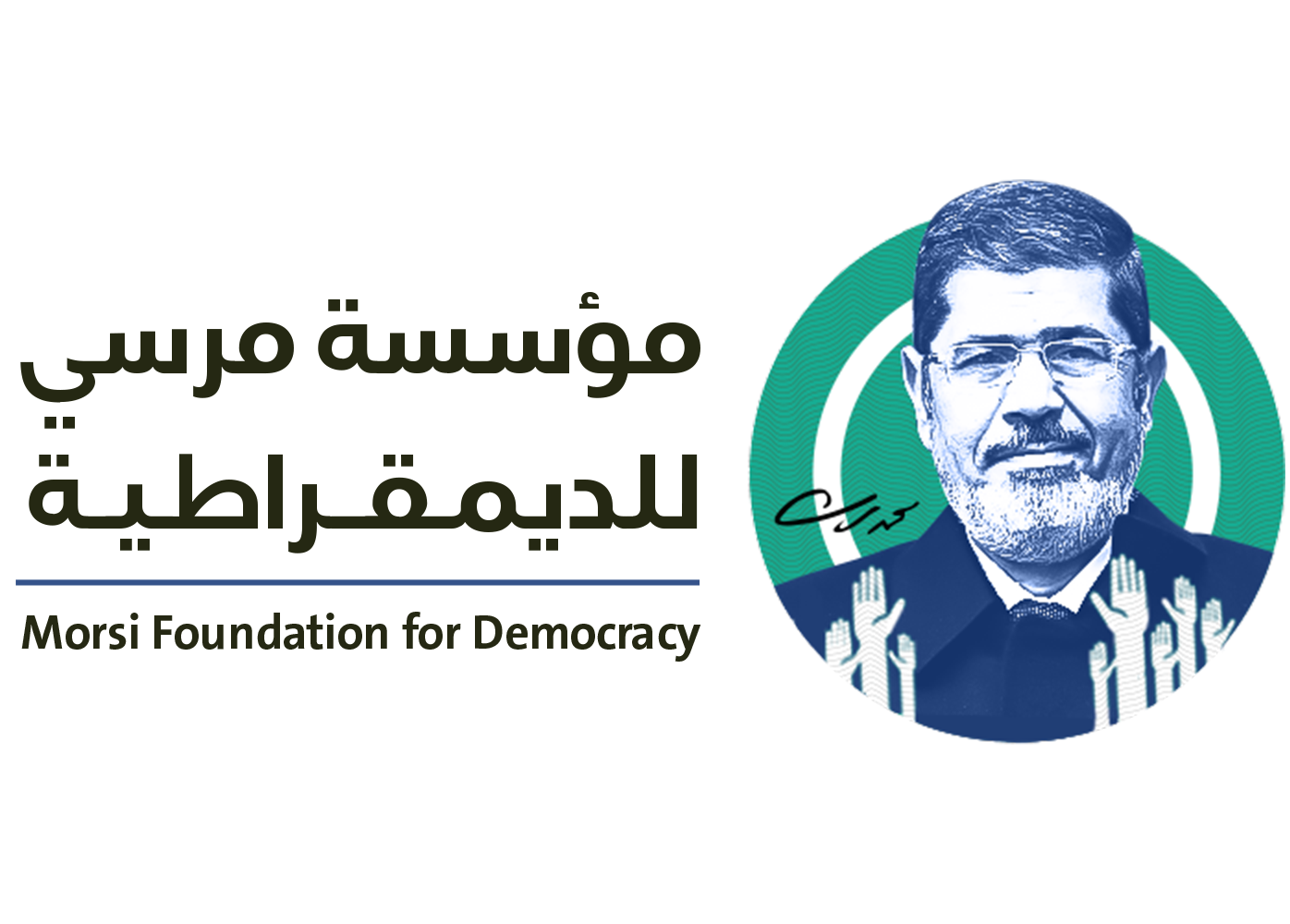What comes first, another currency devaluation or a wave of Gulf investment? Cash-strapped Egypt is racing to resolve that dilemma and secure critical funding ahead of a key International Monetary Fund review.
With a target of $2 billion in foreign deals by the end of June, the Middle East’s most populous nation is going all-out to sell state assets ranging from banks to power plants and a military-owned network of gas stations. Allies such as Saudi Arabia, Qatar and the United Arab Emirates, who’ve pledged billions of dollars to help Egypt get through its economic crisis, are the likely buyers.
But there’s a problem. Those investors want to see the Egyptian pound, which has already lost about half its value in the past year, weaken further before they’ll open the taps. And the North African country needs the foreign exchange from those very same deals as a buffer before it lets the currency depreciate, which may accelerate inflation that’s already above 30%.
The Egptian pound has been devalued three times since early 2022, but investors think it has further to fall. While it trades at 30.9 against the dollar, Societe Generale SA forecasts it dropping at least 16% to 37 by the end of the year, around the same level that it now changes hands on the black market.
Although the three energy-rich Arab nations were quick to help Egypt with $13 billion in central bank deposits last year, they’ve signaled further assistance will come via investments that bring returns.
More loosening of the pound isn’t easy for Egypt. The past year’s plunge has helped send food prices skyrocketing, piling pain on consumers in the country of over 104 million people.
Some hotels, car dealerships and real estate companies have started to factor in possible changes in the local currency’s value by raising prices.
Even if the mooted asset sales do come through, they “might not be large enough to raise the necessary liquidity to push for an orderly foreign-exchange transition,” according to Mohamed Abu Basha, head of macroeconomic research at Cairo-based EFG Hermes.



